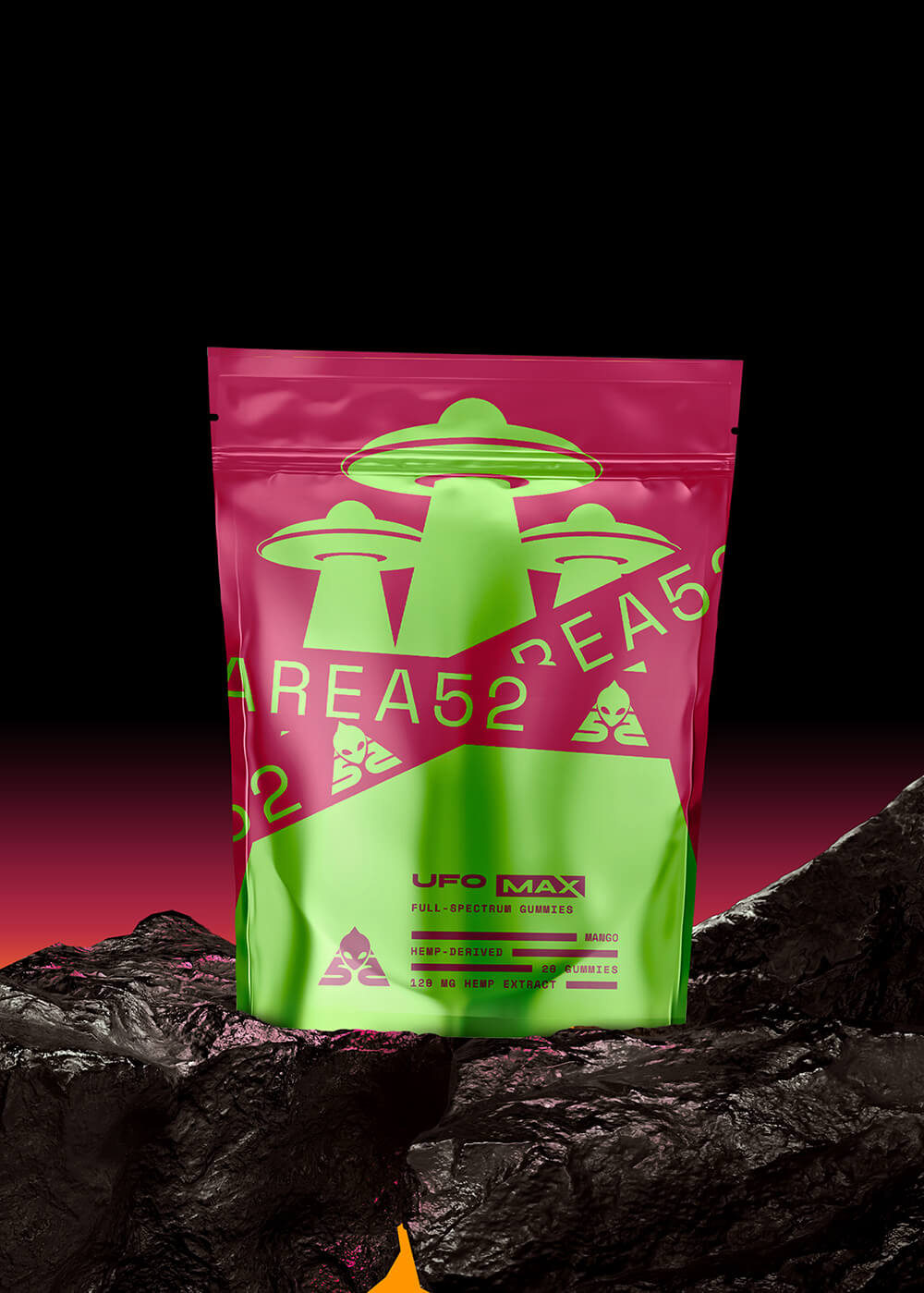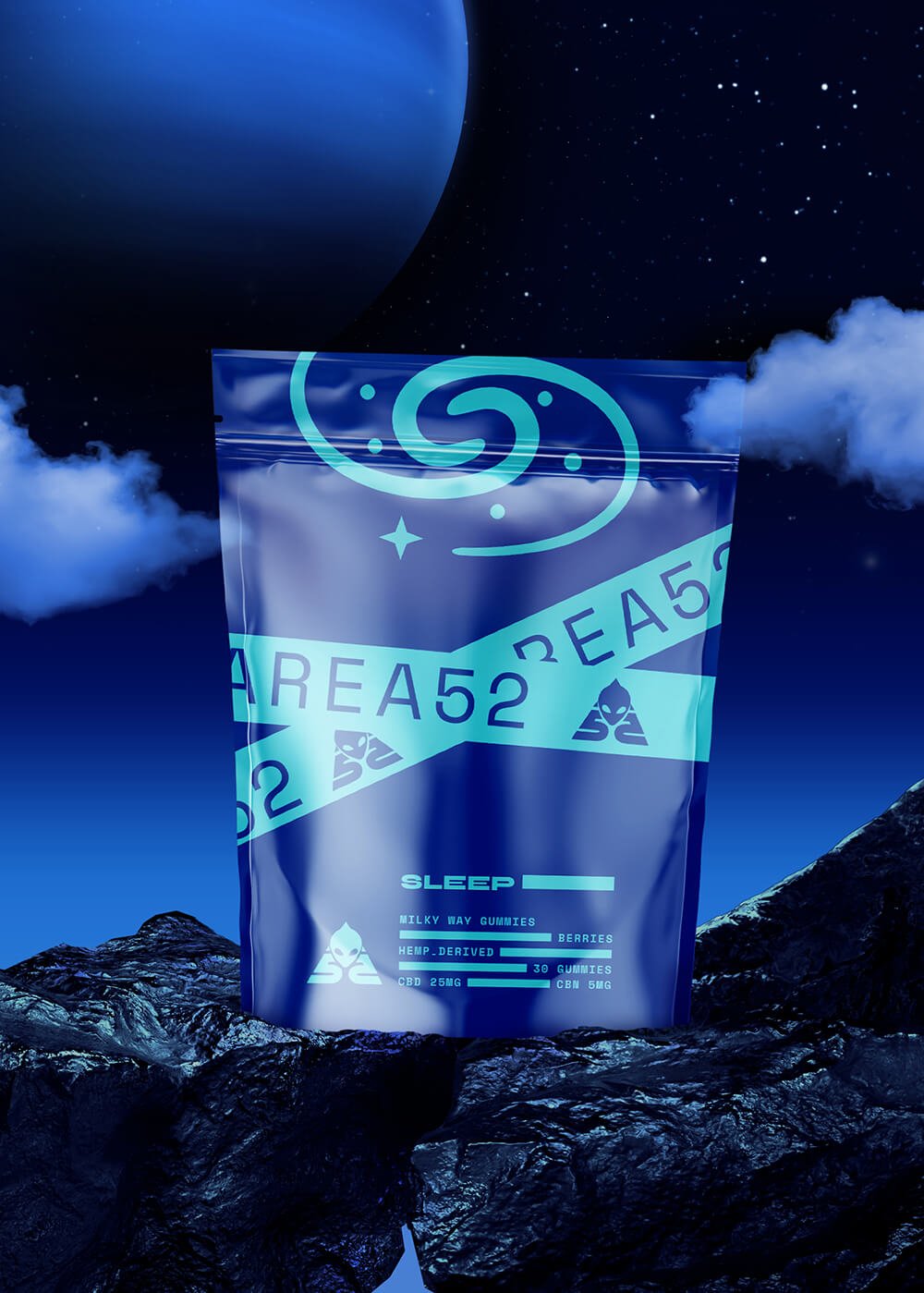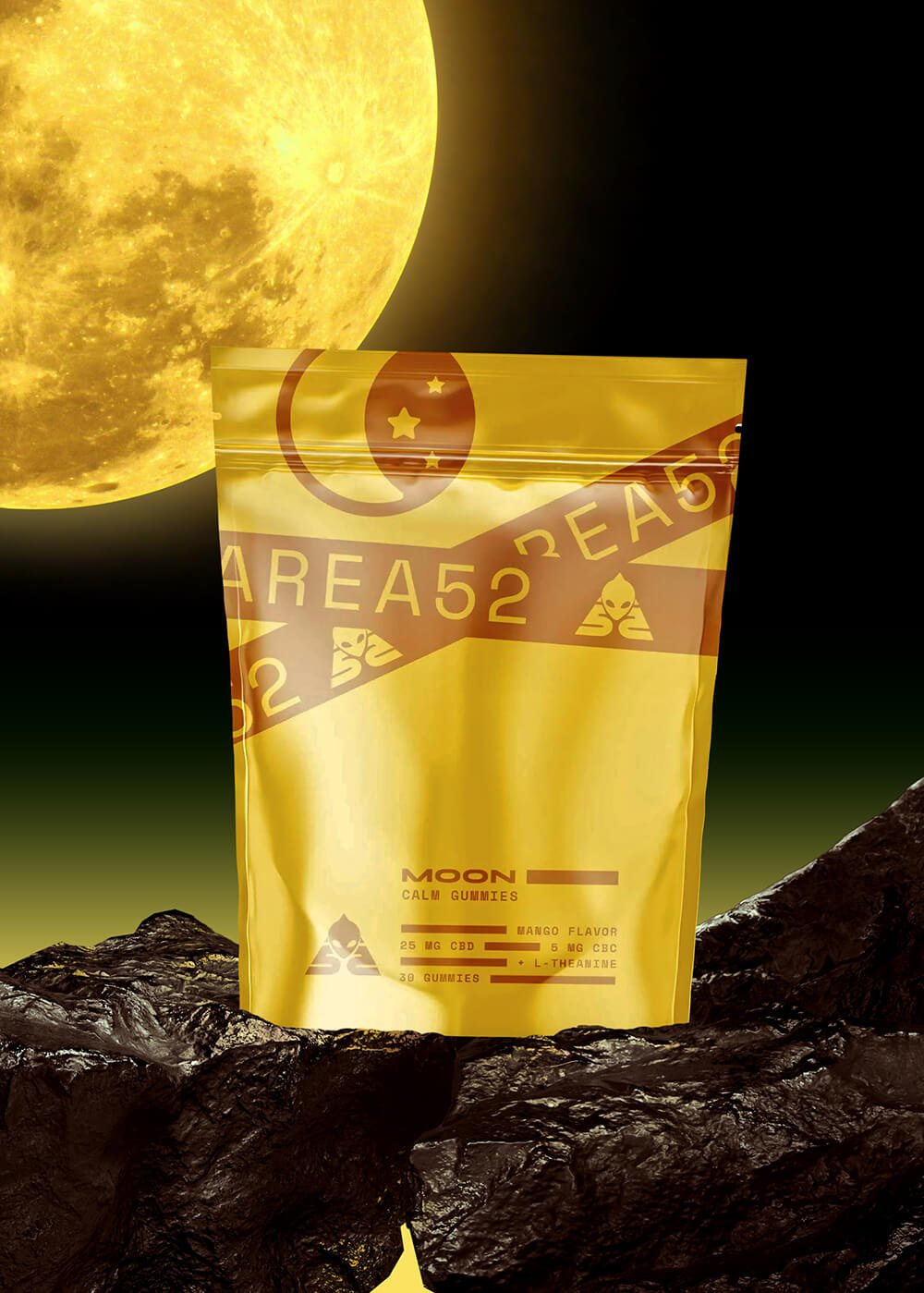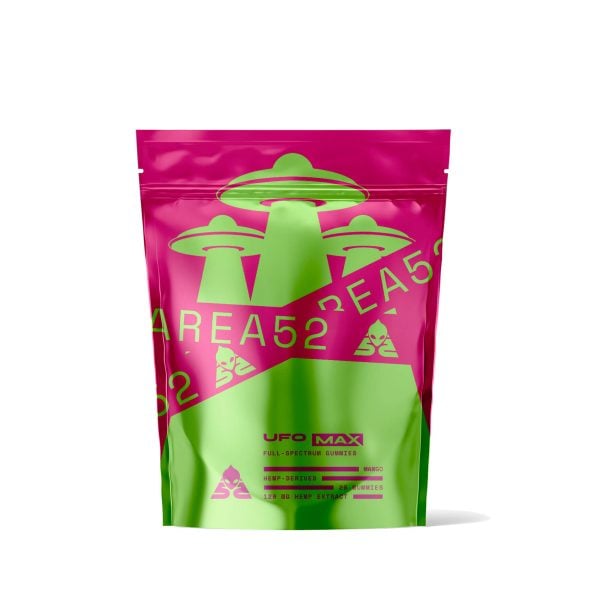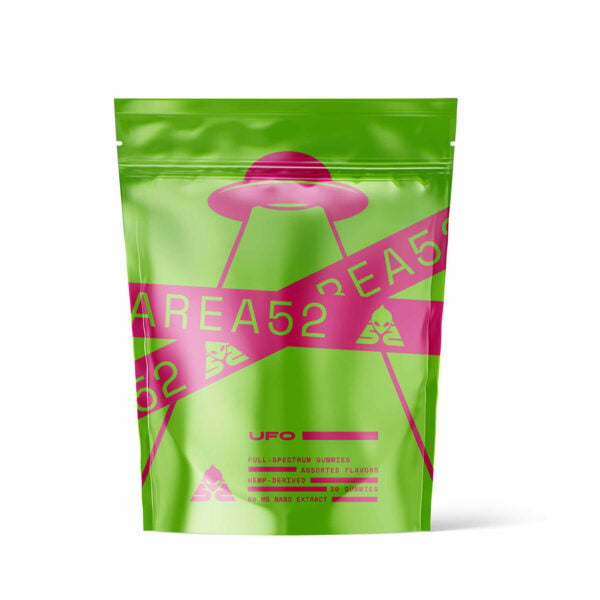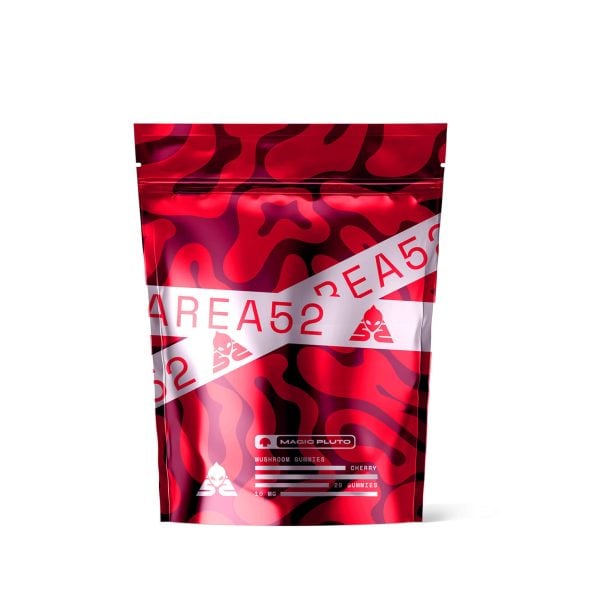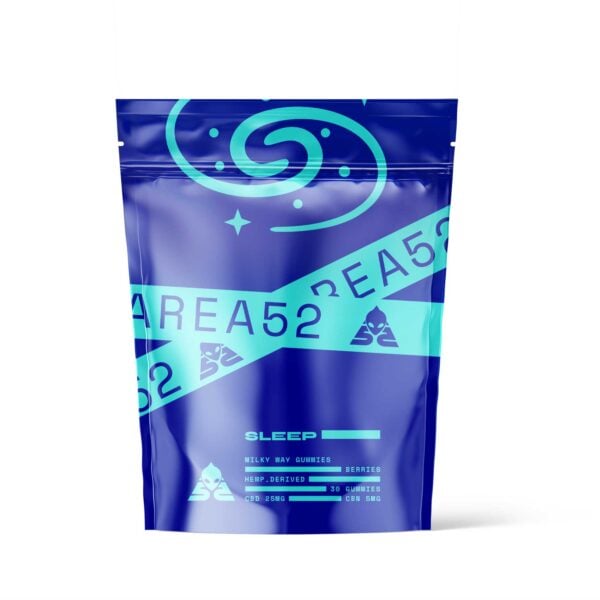Is Delta 8 THC Synthetic?
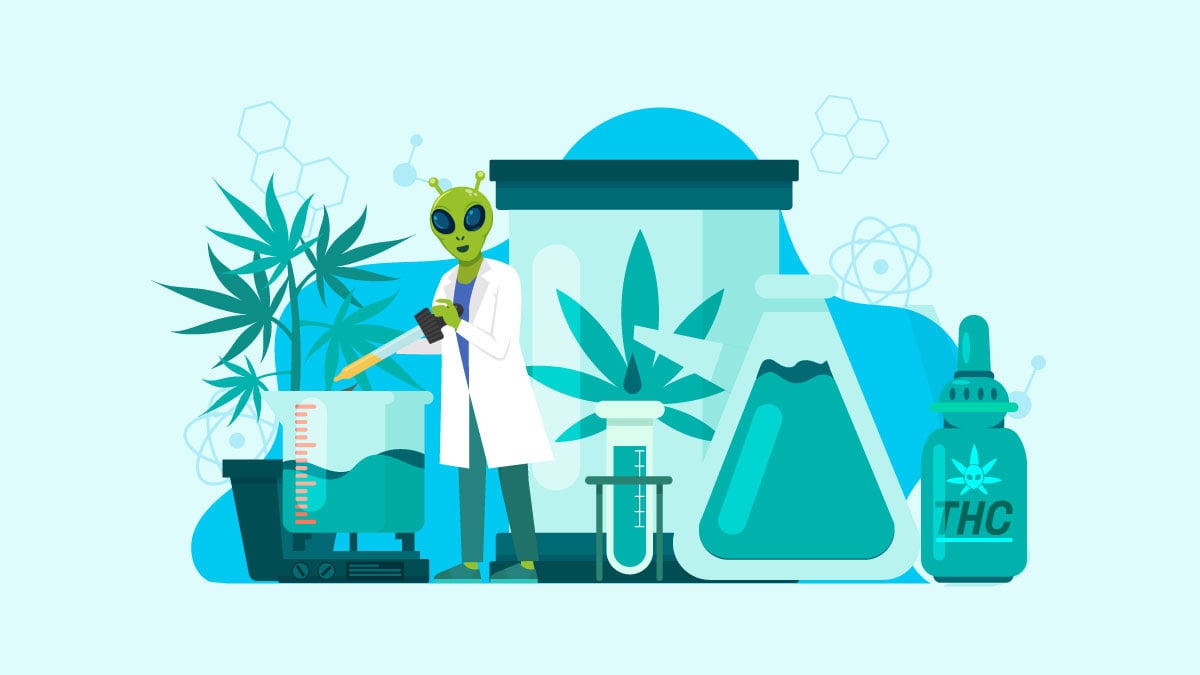
Many people are confused about whether delta 8 THC is a synthetic cannabinoid or a naturally occurring compound found within the cannabis plant. The truth is, this cannabinoid is found naturally in the cannabis plant, yet many people are still worried it may be synthetic.
With synthetic cannabinoids linked to significant health risks, it’s essential to clarify what exactly is delta 8, how it’s produced, and if there are genuine safety concerns.
This article explains whether delta 8 THC is synthetic, how it compares to other cannabinoids, and its status under federal law.
What Is Delta 8 THC?
Delta 8 THC is a minor cannabinoid naturally present in the Cannabis sativa plant, although typically in very small quantities. It’s an analog of delta 9 THC (more commonly referred to as “THC”).
Delta 9 THC, on the other hand, is the primary psychoactive substance found in marijuana. Both are similar in chemical structures, but delta 8 has a double bond on the eighth carbon rather than the ninth.
Because of this subtle difference, delta 8 delivers a milder psychoactive effect, induces less paranoia and anxiousness, and causes a more mellow and calming experience.
Is Delta 8 THC Natural?
Delta 8 THC is a naturally occurring compound that forms in cannabis, but only in minuscule amounts.
Until recently, the only way to obtain any meaningful quantities of delta 8 THC was to extract and concentrate it from massive quantities of marijuana. These products were illegal and expensive — so there was little public interest in Δ8 THC.
But times are changing.
Scientists have recently discovered new methods of isolating and extracting significant volumes of the Δ8 THC from hemp using a chemical synthesis process called isomerization. The same process also allows us to create higher yields of other hemp derived cannabinoids, such as delta 10. They’re federally legal under the 2018 Farm Bill (in most states) and cost less than most delta 9 THC products.
The fact that Δ8 THC occurs in nature makes it a natural cannabinoid; even making it through natural isomerization processes doesn’t mean it’s synthetic.
Synthetic cannabinoids, on the other hand, refer to compounds not available in natural sources. These compounds have entirely different chemical structures, potencies, and effect profiles. Many of them have been proven to deliver substantial adverse effects on the body.
This process of creating synthetic cannabinoids often involves potentially harmful by-products if not performed correctly, underscoring why purchasing from trusted brands that use safe extraction methods is critical.
How Delta 8 THC is Made (Chemical Synthesis Explained)
Delta 8 THC production typically begins with CBD, which is abundant in hemp. Through a carefully controlled process, known as “isomerization,” CBD is converted into delta 8 THC.
Because this method involves the use of specific solvents and acids, it’s crucial that you choose the vendor wisely, especially since some of them use potentially unsafe household chemicals to convert CBD to delta 8 THC.
What is a Synthetic Cannabinoid?
Both synthetic and natural cannabinoids stimulate the endocannabinoid system, specifically the CB1 and CB2 cannabinoid receptors.
Synthetic cannabinoids do not occur in nature. They must be made in a lab, or else they wouldn’t exist at all.
Two of the most famous examples of non-classical cannabinoids are JWH-018 and HU-210, both often used in the herbal mixture called “Spice” or K2. Several years ago, these chemicals were considered legal. Headshops sold these products as “legal highs” or “legal weed alternatives.” The problem was that many of these compounds weren’t safe.
After numerous hospitalizations, issues with addiction, and even several deaths from synthetic cannabinoids in the 2010s, the US government and several other countries decided to ban them entirely.
The most problematic members of this class were the non-classical cannabinoids. This refers to any synthetic cannabinoid with no similarities with the cannabinoids produced in plants but can still interact with the endocannabinoid system.
Delta 8 is not a synthetic cannabinoid because it’s a classical cannabinoid found in nature. There are now well over 100 known classical, natural cannabinoids in existence. A few examples include delta 9 THC, delta 8 THC, CBD, CBN, CBG, CBDV, and THCV.
These cannabinoids have a similar but usually less potent effect on the CB1 and CB2 receptors.
Is Delta 8 THC Legal?
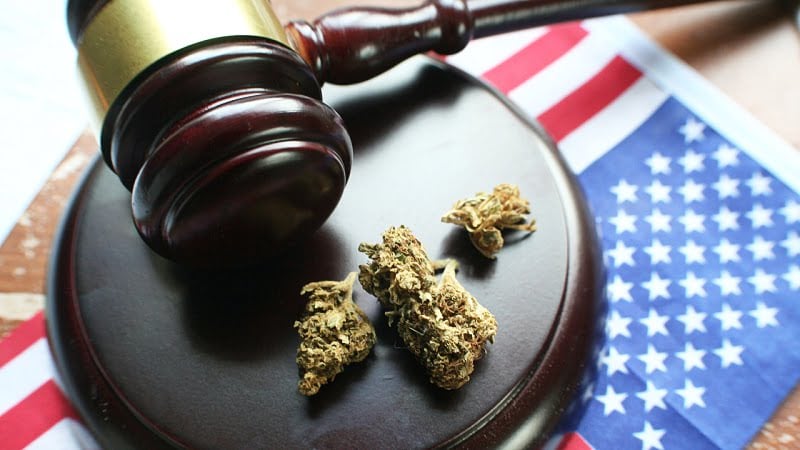
Hemp-sourced delta 8 THC is legal in most states, even those where recreational marijuana is still prohibited.
According to the Agriculture Improvement Act (2018 Farm Bill), hemp and all its parts including hemp seeds, stalks, stems, flowers, cannabinoids, isomers, and derivatives are legal, provided they contain less than 0.3% delta 9 THC by weight. Because delta 8 THC is most commonly derived from hemp, it remains legal at the federal level.
Do note though that, although delta 8 isn’t listed in the Controlled Substances Act, the Drug Enforcement Administration (DEA) considers it synthetic and, therefore, a controlled substance.
Delta 8 is also not available in all 50 states, as several states have prohibited its sale and use. That said, check your local laws before buying delta 8 products.
What’s the Difference Between Delta 8 THC and Spice or K2?
While delta 8 and K2 both affect the endocannabinoid system and cause similar effects, there are significant differences between the two.
K2 or Spice
K2, or Spice, is made by applying synthetic cannabinoids to leaf material, usually spraying them onto marijuana or other leaves.
Unfortunately, K2 can range from harmless to lethal — it all depends on what chemical is used. K2 could contain just about anything. There are hundreds, if not thousands, of synthetic cannabinoids in existence — some are dangerous and unpredictable.
K2 producers use whatever cannabinoids are available, along with other chemicals, to boost their potency and addictive nature.
Non-classical or synthetic cannabinoids are significantly more dangerous than classical ones, have longer-lasting effects, and are far more potent — HU-210 can bind to CB1 receptors 100x tighter than standard THC does.
Many synthetic cannabinoids can be addictive or even toxic.
Potential Side Effects of K2/Spice:
- Irritability
- Confusion
- Lack of concentration
- Hallucinations, delusions, psychosis, and suicidal thoughts
- Violent behavior
- Seizures
- Sleepiness
- Dizziness
- Breathing problems
- Gastrointestinal issues
- Heart attack
- Increased heart rate
- High blood pressure
- Stroke
- Kidney failure
- Muscle damage
- Death
Delta 8 THC
Conversely, delta 8 THC is a classical cannabinoid virtually identical to THC, THCV, and CBD.
Not only is delta 8 safer, but it also offers many possible benefits. This is something not found in synthetic forms of THC.
Delta 8 THC Side Effects:
Though much safer, delta 8 is not without side effects. These are similar to delta 9 THC’s effects, though on a lower level. Here are the most common side effects of delta 8 THC.
- Red eyes
- Dry mouth
- Dizziness
- The munchies
Delta 8 THC is also legal in most states and federal levels, so it’s easily accessible.
By purchasing from a reputable delta 8 THC vendor, you’re more likely to have a safe and enjoyable experience.
Identifying Safe & Authentic Delta 8 Products
While delta 8 THC is considered safer than entirely synthetic cannabinoids like Spice or K2, there are valid safety concerns if produced improperly. Some delta 8 products, especially those sold at unregulated outlets like gas stations or convenience stores, could contain potentially harmful by-products due to improper purification.
Therefore, consumers should only buy cannabis derived products from reputable suppliers who provide third-party testing results to ensure purity and safety.
Given these concerns, follow these guidelines:
- Avoid purchasing delta 8 THC from unregulated vendors like random convenience stores or gas stations.
- Only buy from licensed retailers or reputable online sources.
- Always check for third-party lab tests to ensure the absence of contaminants or synthetic impurities.
- High-quality products typically clearly state their production methods and testing protocols.
Delta 8 THC: A Natural & Safe Cannabinoid
Delta 8 THC is a natural cannabinoid that shares the same classical cannabinoid shape as delta 9 THC, CBD, and other phytocannabinoids. This makes delta 8 THC far safer than the non-classical cannabinoids found in synthetic weed products like K2 or Spice.
Always check for third-party lab tests when shopping for delta 8 THC products. While Δ8 THC itself is unlikely to pose any danger, some manufacturers don’t follow safe extraction or isolation methods, and contaminants can wind up in the final product.
Frequently Asked Questions
1. How much THC is in delta-8 products?
Delta 8 products usually contain very minimal delta 9 THC (less than 0.3%), adhering to federal guidelines. Most psychoactive effects come directly from delta 8 itself.
2. Can delta-8 be grown naturally?
No cannabis strain naturally produces delta 8 in large quantities. The chemical synthesis process from hemp-derived cannabidiol (CBD) remains the primary production method.
3. Will delta-8 test positive on a drug screening?
Yes, delta 8 THC can cause a positive THC drug test result because most tests don’t differentiate between delta 8 and delta 9 metabolites.
4. Which delta cannabinoid is strongest?
Delta 9 THC is stronger than delta 8. However, THC-P, another recently discovered cannabinoid, is even stronger than delta 9 THC.
5. Can Delta 8 THC cause serious adverse effects requiring emergency medical services?
While delta 8 THC is generally considered safe, especially compared to synthetic cannabinoids like Spice or K2, there have been reports of individuals experiencing serious adverse effects after consuming contaminated or improperly manufactured products. Symptoms that may require emergency medical services include extreme dizziness, severe anxiety, breathing difficulties, rapid heart rate, or confusion. These cases usually occur when cannabis products contain impurities or synthetic additives. To avoid such risks, always purchase delta 8 THC from reputable vendors that provide third-party lab test results.
References Used
- National Center for Environmental Health – About synthetic cannabinoids. March 23, 2021. Health Studies – Understanding Chemical and Radiation Exposures. [1]
- Breivogel, C. S., Wells, J. R., Jonas, A., Mistry, A. H., Gravley, M. L., Patel, R. M., … & Brenseke, B. M. (2020). Comparison of the Neurotoxic and Seizure-Inducing Effects of Synthetic and Endogenous Cannabinoids with Δ9-Tetrahydrocannabinol. Cannabis and cannabinoid research, 5(1), 32-41. [2]
- Scocard, A., Benyamina, A., Coscas, S., & Karila, L. (2017). Synthetic cannabinoids: A new addiction matrix. Presse medicale (Paris, France: 1983), 46(1), 11-22.[3]
- Lapoint, J., James, L. P., Moran, C. L., Nelson, L. S., Hoffman, R. S., & Moran, J. H. (2011). Severe toxicity following synthetic cannabinoid ingestion. Clinical Toxicology, 49(8), 760-764. [4]
- Sabaghi, D. (2023, February 16). Delta-8 and -9 THC-O are controlled substances, DEA says. Forbes. [5]
